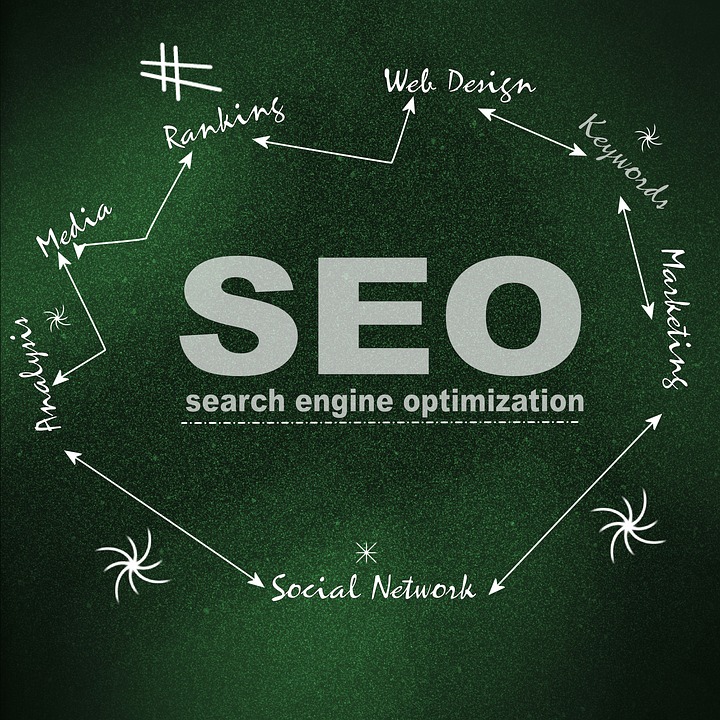You could have the most astounding business, offering the most elite products or service, but if your consumers cannot find you, how will they experience what you have to offer? Digital marketing is the latest way of marketing your business. Why? Because more than 3 billion people in the world use the internet.
Digital marketing agencies specialise in online strategies to get your website found. They use paid searches, search engine optimisation (SEO), the creation of content and social media in order to drive more traffic to your website. More traffic means more purchases, more customers and more revenue.
But why do you need a digital marketing agency? You have a pretty savvy marketing assistant promoting your company, that’s enough right? No, not if you want to beat your competitors. Search engines such as Google are always changing how they rank and who should be placed higher. This makes optimisation ever-changing. Social media’s are constantly modernising algorithms and changing features.
In a continually changing and fast-paced digital world, it can be hard to keep up with digital marketing strategies, as well as run your business. You want to be the best in your game right? You want maximum profits and up-to-date strategies. Here is how a creative digital marketing agency can do this for you.
SEO
If someone is looking for something online, where is the first place they will go? Search engines. The most popular being Google, receiving over 3 billion online searches on a daily basis. If your website isn’t created to work well in a Google search, it’s going to be very difficult for people to find you.
SEO is an organic way to gain traffic because you’re not paying for it; you are just optimizing your site to rank higher on search engines. Keyword placement and gaining backlinks to your site are the main ways a digital marketing agency will SEO your website, but with ever-changing Google Algorithms, it requires consistent updating.
Read also:
- Avoid These 5 Mistakes Before Starting An SEO
- Improve Your Local SEO Via Content Marketing
- Methods Of Optimizing Local SEO That Is Essential For Small Business
Social media
A digital marketing agency also provides social media management. Knowing what social media platforms are best for your company is one thing, but being able to use them effectively to successfully promote a campaign is another.
If utilised correctly, social media is a great way to stay connected with customers, reach out to new customers and let people know exactly what your business is doing. Social networking is a powerful tool with 2.34 billion social media users worldwide.
Knowing how to encourage people to share your content on social media can make your business visible to thousands of the sharers’ friends that may not have ever seen your products or services otherwise. There’s specific do’s and don’ts to a social media campaign and accidently doing some of the don’ts could have detrimental effects on your business’ reputation.
Read also:
- Which Backend Keys Makes Social Networking Sites & Apps Works Smoothly
- Social Media Marketing Role In Technology
Content
Writing content for digital marketing has to be done in a certain way. You may think it’s good to be creative with your content writing detailed descriptions and drop-intros to hook and engage your readers. However, if you don’t optimise it to the web, you won’t have any readers to hook.
It is not about cramming content with keywords, but about using them in the correct way to keep the quality and creative content, but also publish and promote your content well. Digital marketing agencies write all of your on-site and off-site content in an optimised way.
They create the right content for your correct audience for you through research of keywords used by your consumers and exploration of what your competitors are doing to make sure you are always number 1.
A digital marketing agency is a helping hand in promoting your business the way you know it deserves to be. They have the advantage of knowing their way around the complex digital world so that they can make sure your business is recognised, promoted and established in the digital marketing world.
Read also:

























